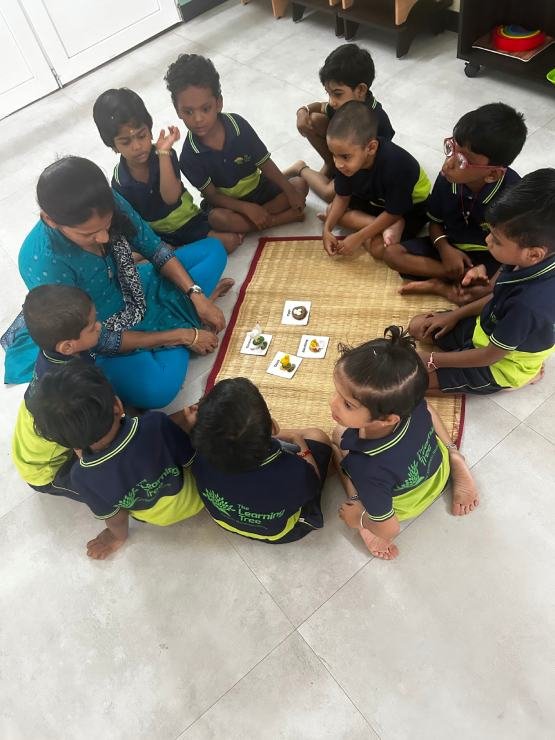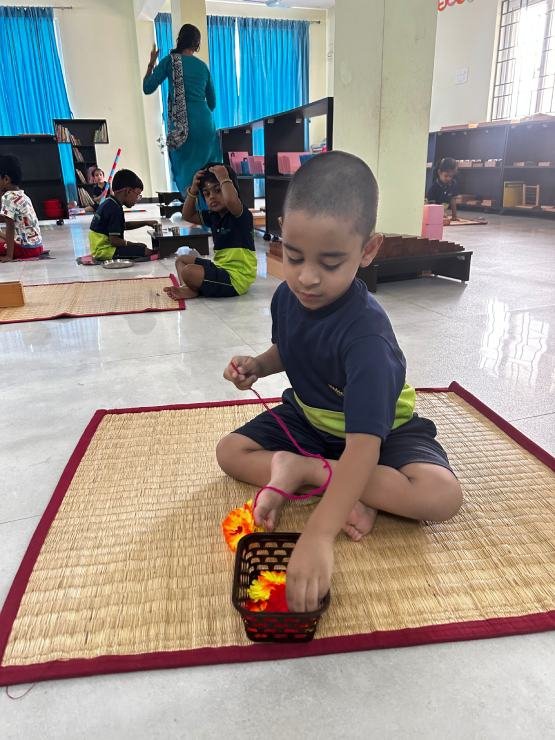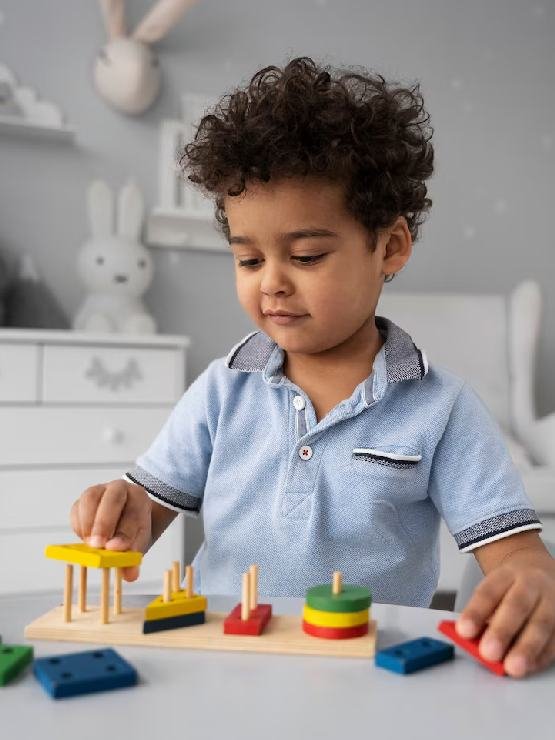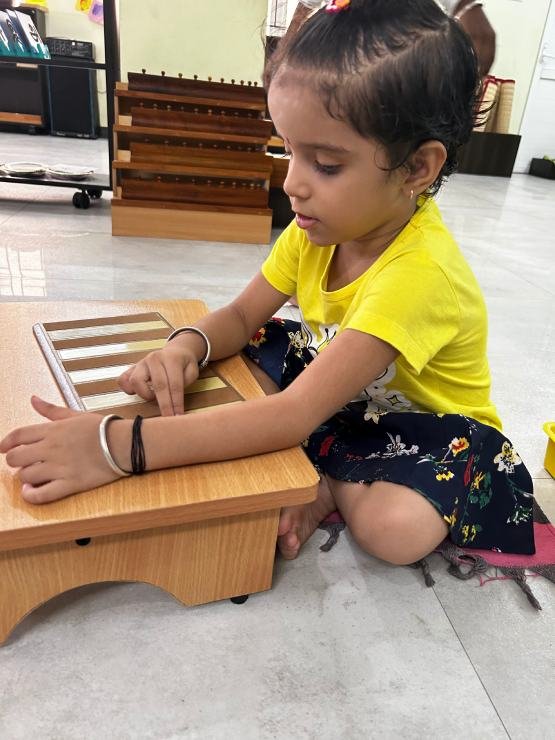
“We must respect the child as a human being and foster a spirit of independence within him.”
Respect is at the core of Montessori education. Children are treated as capable individuals, given choices, and encouraged to express themselves, fostering confidence and self-discipline.
“The things he sees are not just remembered; they form a part of his soul.”
Young children have an extraordinary ability to absorb information effortlessly from their surroundings. This stage is crucial for laying the foundation for lifelong learning.


“A child learns to adjust himself and make acquisitions in his sensitive periods.”
Sensitive periods are windows of intense interest in acquiring specific skills, such as language and movement. Montessori environments are designed to nurture these natural tendencies.

“The environment must be rich in motives which lend interest to activity and invite the child to conduct his own experiences.”
A well-designed Montessori classroom fosters independence, concentration, and a love for learning through carefully chosen materials and a structured yet flexible setup.
“The child is both a hope and a promise for mankind.”
Montessori education nurtures intellectual, social, emotional, and physical development, shaping children into well-rounded, responsible, and empathetic individuals.


“The greatest sign of success for a teacher is to be able to say, ‘The children are now working as if I did not exist.”
Montessori educators observe and guide rather than dictate, allowing children to follow their interests and develop intrinsic motivation for learning.

“To let the child do as he likes when he has not yet developed any powers of control is to betray the idea of freedom.”
Children in Montessori environments have the freedom to choose their activities within structured boundaries, promoting self-discipline and independence.
“The child who has felt a strong love for his surroundings and for all living creatures, who has discovered joy and enthusiasm in work, gives us reason to hope.”
Montessori learning is driven by curiosity and the joy of discovery rather than external rewards, fostering perseverance and a love of learning.


“Never help a child with a task at which he feels he can succeed.”
Montessori education encourages children to develop independence by allowing them to complete tasks on their own, building confidence and self-reliance.